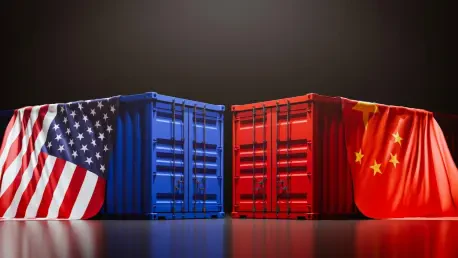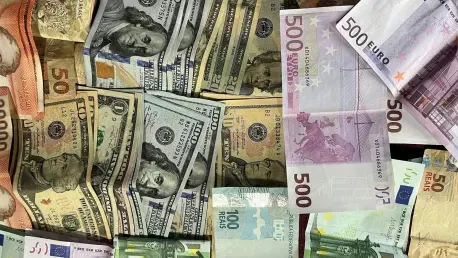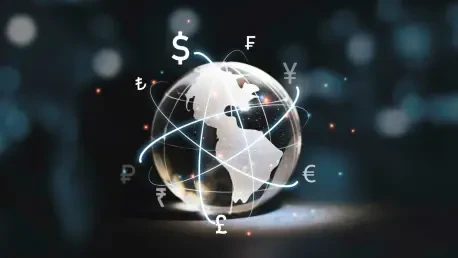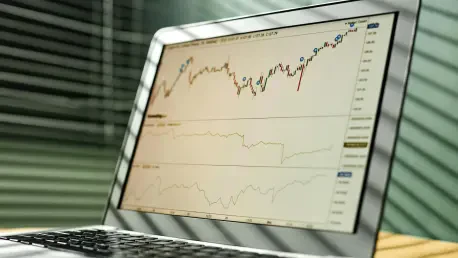
Over recent years, a notable shift has been observed among global investors toward an increasing preference for European equities over their U.S. counterparts. This evolving sentiment is underscored by doubts regarding U.S. stock market dominance, which has been prevalent for decades. The change

In recent years, the trade relationship between the United States and China has experienced notable fluctuations, impacting both countries' economies and the global market. This dynamic interplay reached a critical juncture when the two economic giants signed a trade deal, seemingly bringing

In today's complex global economy, the policies of central banks play an instrumental role in directing the ebb and flow of currency markets. Economic uncertainty and political developments have compelled institutions like the European Central Bank (ECB) and the U.S. Federal Reserve (Fed) to

In an era marked by economic uncertainty and fluctuating financial indicators, the specter of stagflation—characterized by persistent inflation intertwined with stagnating growth—is once again looming large on the global stage. This unsettling scenario disrupts standard economic norms and poses for

Gold, historically viewed as a safe investment during times of crisis, is experiencing an unprecedented surge in value. This has been fueled by global uncertainty, prompting a reevaluation of the metal's role within the investment community. With whispers of economic downturns and political

A significant rally in the stock market has captured the attention of investors and analysts as the S&P 500 celebrates a remarkable 5-day winning streak. Various factors are driving this bullish sentiment, escalating stock prices, and reshaping investor outlooks. With the S&P 500 edging